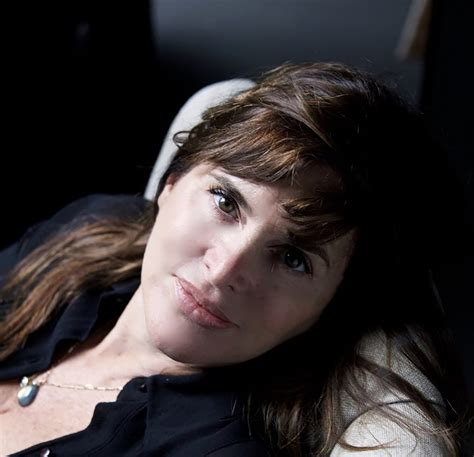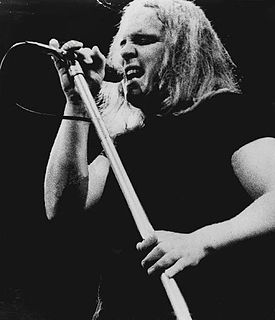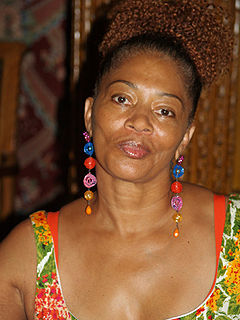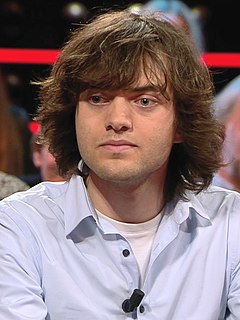A Quote by Janine di Giovanni
When you write non-fiction, you sit down at your desk with a pile of notebooks, newspaper clippings, and books and you research and put a book together the way you would a jigsaw puzzle.
Related Quotes
Writing helped to have jobs that involved running around, pushing things like dish carts and wheelbarrows. It would be hard to sit at a desk all day, and then come to sit at another desk. Also, it helps to abandon hope. If I sit at my computer, determined to write a New Yorker story I won't get beyond the first sentence. It's better to put no pressure on it. What would happen if I followed the previous sentence with this one, I'll think. If the eighth draft is torture, the first should be fun. At least if you're writing humor.
But what struck me was the book-madness of the place--books lay scattered across the unmade bed and the top of a battered-looking desk, books stood in knee-high piles on the floor, books were crammed sideways and right side up in a narrow bookcase that rose higher than my head and leaned dangerously from the wall, books sat in stacks on top of a dingy dresser. The closet door was propped open by a pile of books, and from beneath the bed a book stuck out beside the toe of a maroon slipper.
































